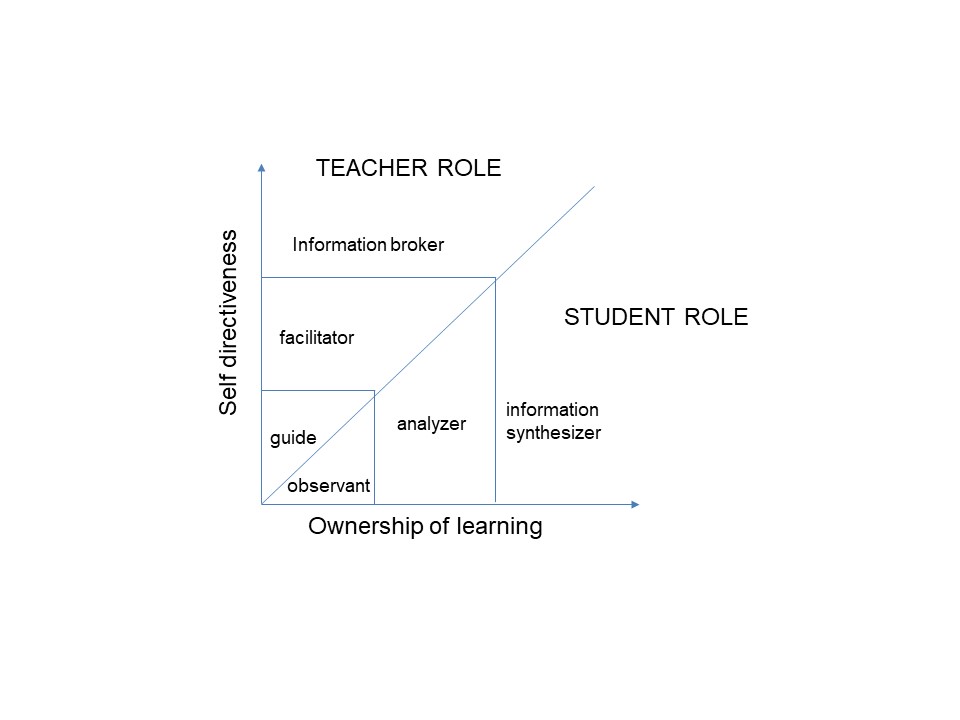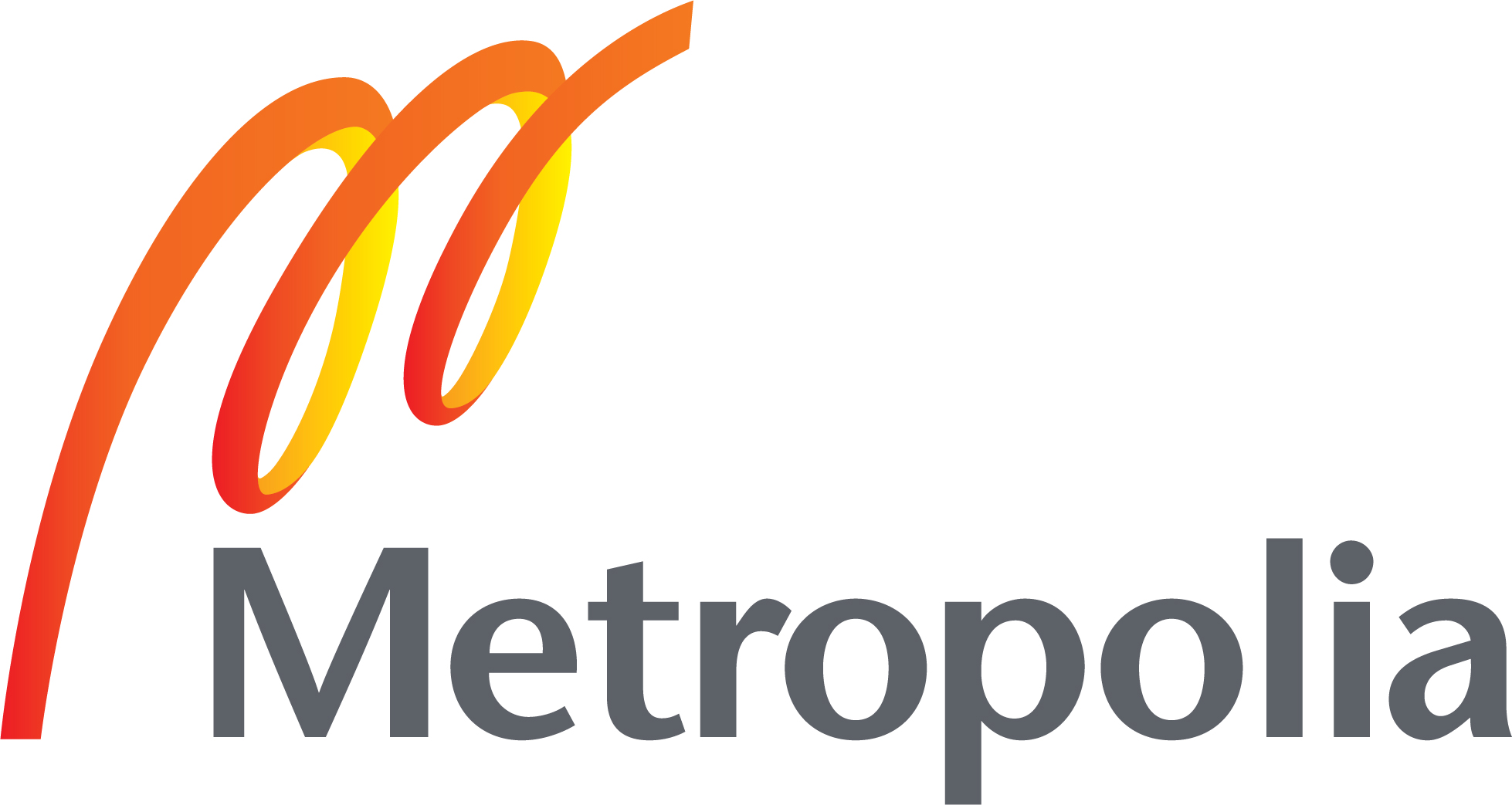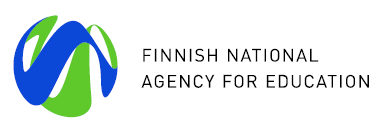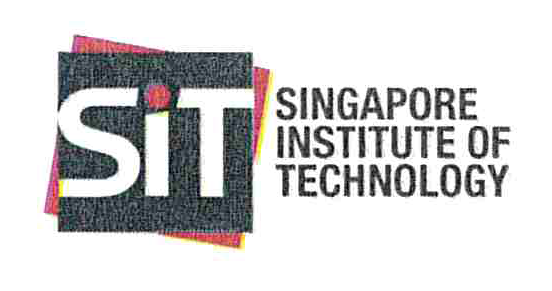The main objective of the project AI-based solutions in dose management (Dosis) is to consolidate the cooperation between the partner institutions Metropolia UAS and Singapore Institute of Technology in the field of health technology and especially in the field of artificial intelligence (AI) based solutions in dose management. The project applies co-creative learning approach. As concrete outcome, the students and teachers from will communally in interprofessional and multicultural groups produce several review articles about AI based solutions in dose management in medical imaging.
Co-Creative learning is a pedagogic approach engaging students in taking responsibility for their own and fellow students’ learning experience. This strategy combines student, teacher and area of expertise to create the best learning environment for the student. (IMpropal 2020) This approach fits well to the kind of problem solving, activities and creating new knowledge planned in this project. (Bovil 2019)
One of the key features of this pedagogic approach is the relation between student Self-direction and learning ownership. The more self-directive the student becomes, the more she/he governs her/his own learning. Teachers’ role transforms from guide to facilitator, and finally to information broker. In Dosis-project students grow rapidly from observant role to information synthesizers as they select their project topics in student groups and with the support of expert lectures and facilitated by teachers quite independently draft review articles of self-selected topics. (Figure 1)
 Figure 1. Student and teacher roles in co-creative learning (Applying IMpropal 2020).
Figure 1. Student and teacher roles in co-creative learning (Applying IMpropal 2020).
IMpropal EU (2020) defines four critical success factors for co-creative learning: I) The students´ choice for their learning goals, which in Dosis-project was realized so that the students selected in groups their own review topics. II) Design of the learning in a way that it enables students becoming owners of their own learning process. In our project students work in groups via web conferencing tools, on site during intensive weeks in Finland and Singapore and participate online expert lectures. II) Equal relationship and joint decision making between teacher and students, which in our project mean that teachers work in students groups as facilitators and co-authors. IV) Important area of expertise being involved in the learning in this project is ’Use of AI in diagnostic imaging dose optimization.’’ (IMpropal 2020) In Dosis-project.
The project is funded by Finnish National Agency for Education Asia-programme and both partner institutions.

(In the picture, a robot presenting strong AI is watching weak AI interpretation of computer tomography images. Image: Frank Guan SIT)
References
IMpropal EU.2020.
More information
Project manager
Eija Metsälä
eija.metsala [at] metropolia.fi (eija[dot]metsala[at]metropolia[dot]fi)
+358 50 347 8177


